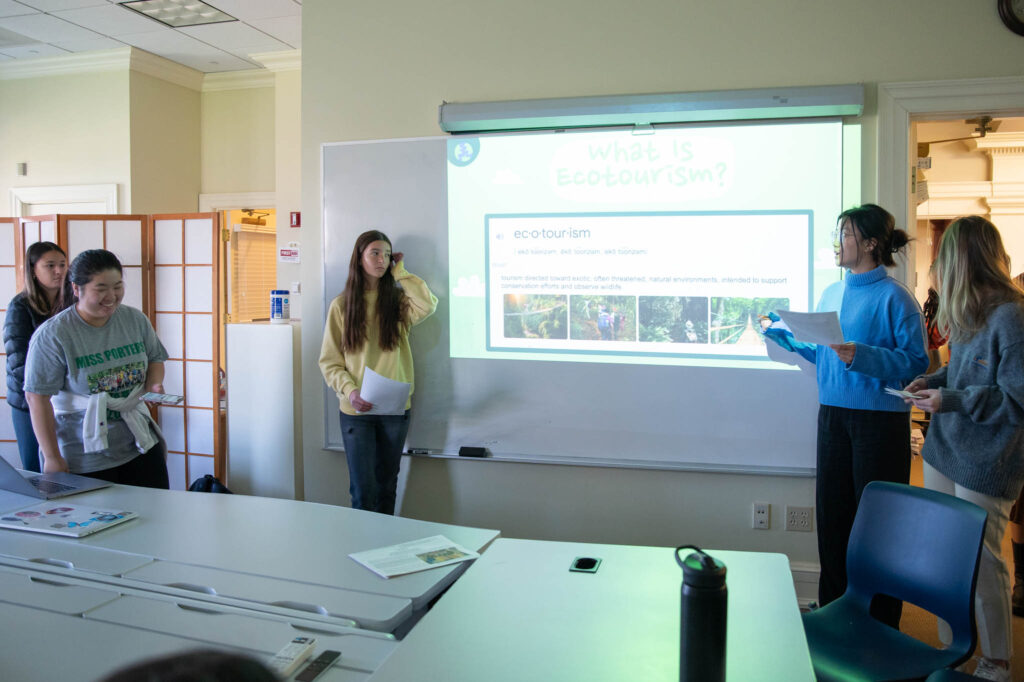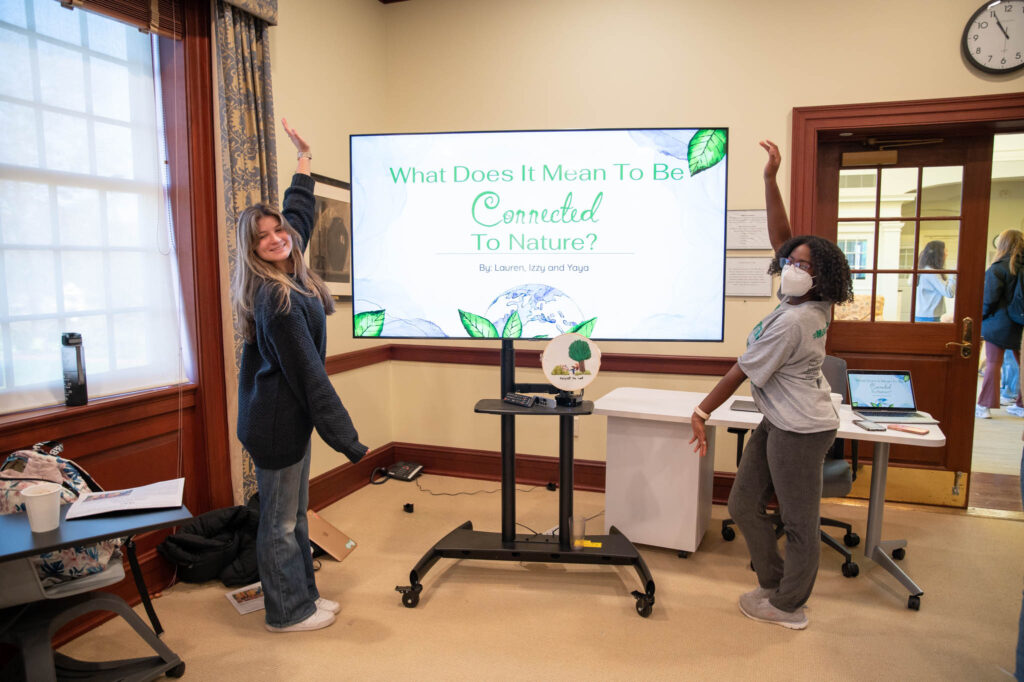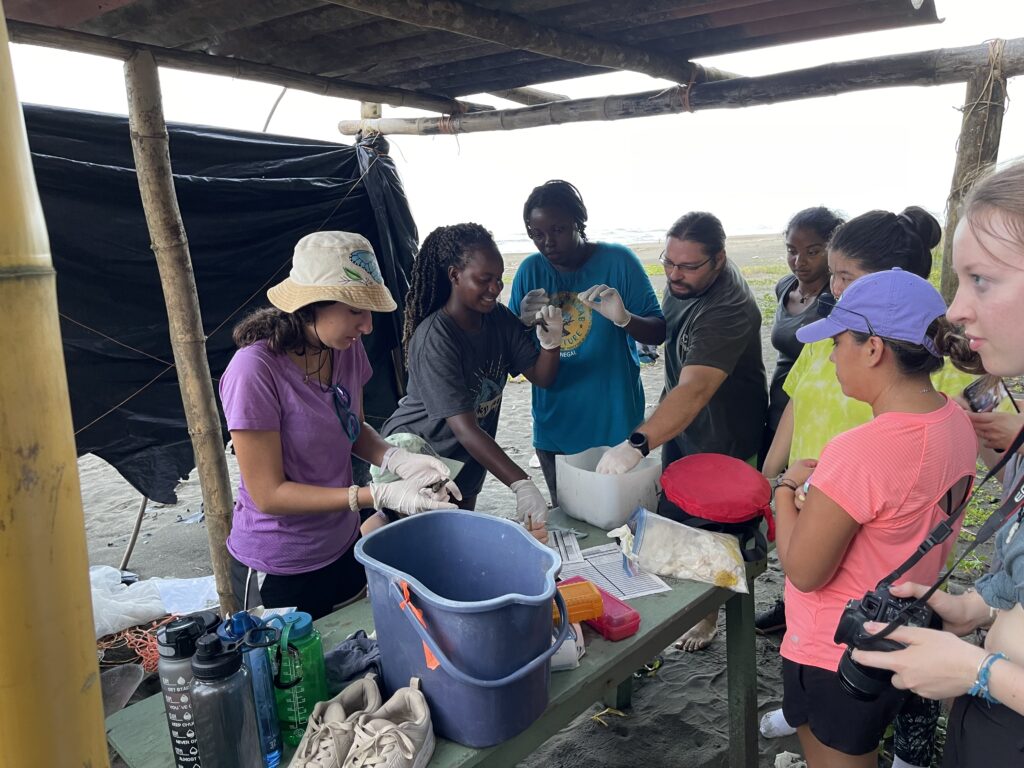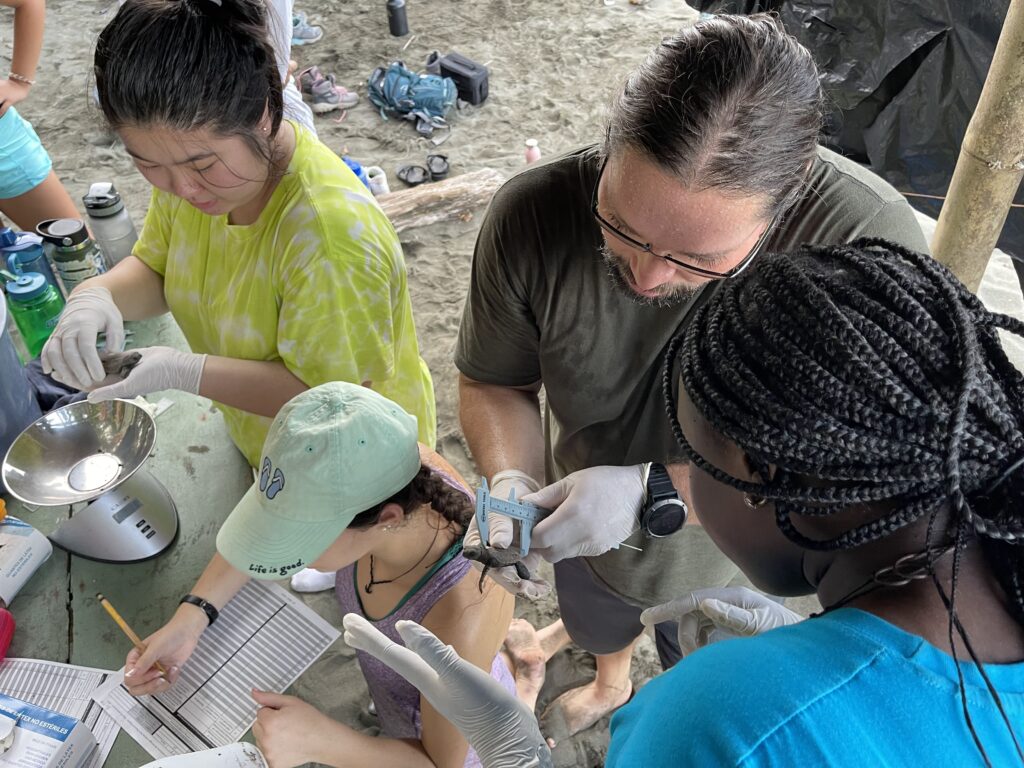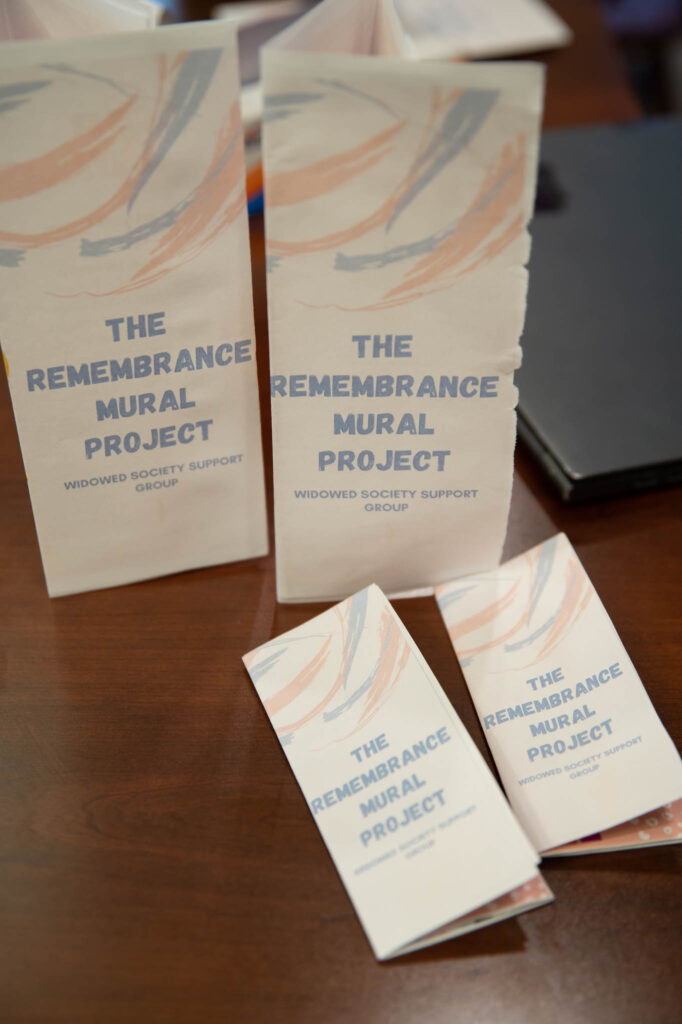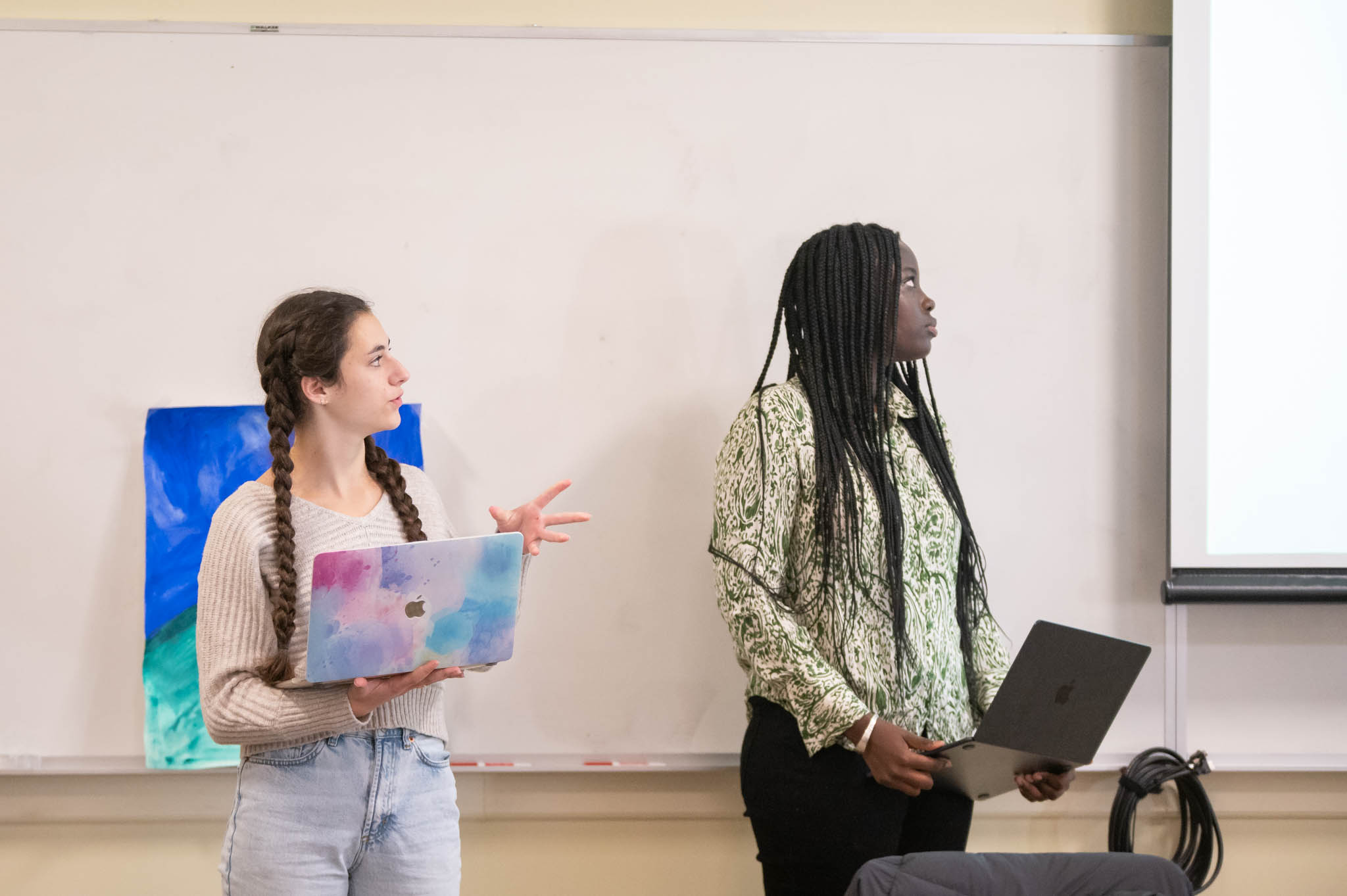By: Timothy Quinn
Chief Academic Officer and Dean of Faculty
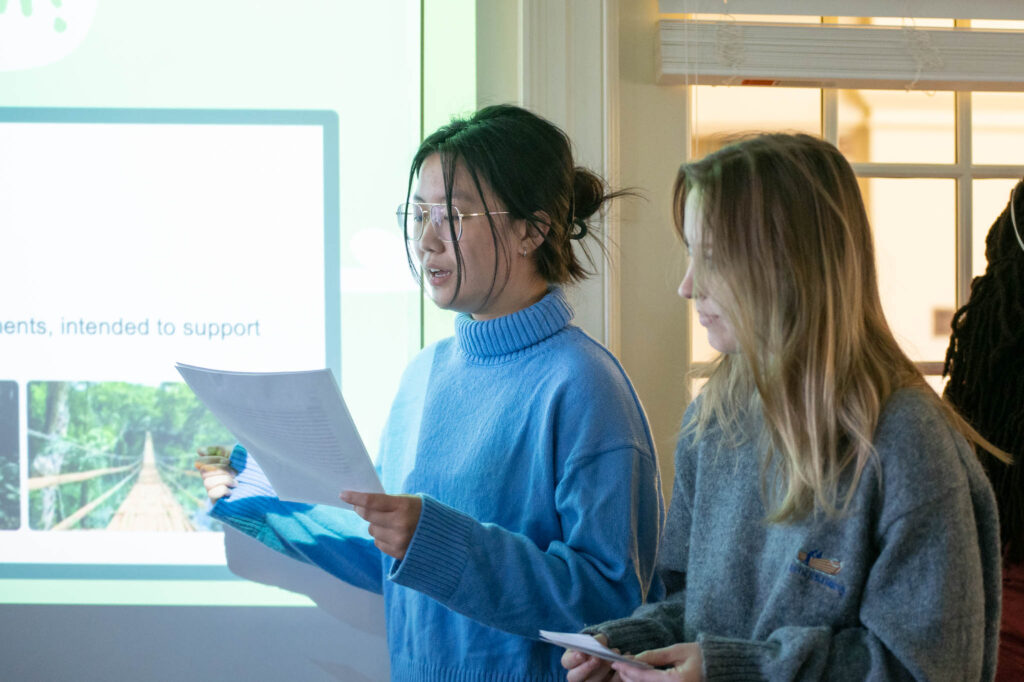
The whiteboard in my office has two questions on it:
1) Are we $65,000 better than a strong public school?
2) Are we, as an institution, contributing to a better world?
These questions guide my thinking as I lead the academic program at Miss Porter’s School. I believe all well-resourced private schools must find ways to answer them with a “yes” if they truly wish to justify their existence and the privilege that they bestow upon students.
The first question speaks to our obligation to provide a truly exceptional educational experience for our students — one that delivers the value a high tuition should promise. We must meet each student where they are and help them develop the skills needed to live fulfilling lives of purpose. We want them to contribute in meaningful ways to better our world. This means doing more than requiring them to sit through a standard set of classes and complete a traditional set of assignments. It means developing a program that intentionally helps each student build their skills through the cycle of learning, application, feedback and reflection that mastery learning entails.
The second question stems from my belief that schools are meant to serve both an individual and social good. Thus, schools with the resources we have at Miss Porter’s have an even greater obligation to serve its students and the broader community. In short, private schools such as ours must also serve a public purpose.
Schools have long paid lip service to this, encouraging their graduates during convocation and commencement speeches to go out and do good. Maybe they have even gone so far as to require community service. But very few have been so bold as to change the organization of their curricula in ways that intentionally focus it on preparing students to address the many problems that currently plague our world.
To truly serve a public purpose, independent schools must directly engage their students in thinking about pressing problems from an interdisciplinary perspective. For example, climate change should not be relegated to one unit of an environmental science class. Climate change — the science of it, the politics of it, the economics of it — must be the central focus of a required class. The same can be said about problems of inequality, misinformation, political polarization, and tensions in international relations.
We have a long way to go, but we are moving in this direction at Miss Porter’s. Our mission states: we expect our graduates to shape a changing world. We know that to make that happen, we must boldly adapt our teaching practice and curriculum to meet this challenge.

